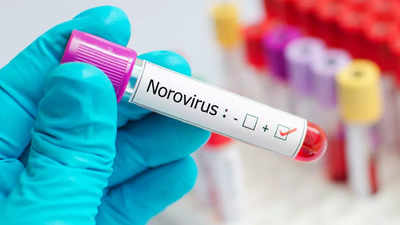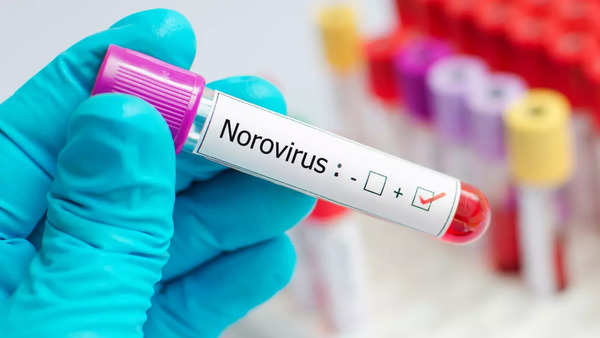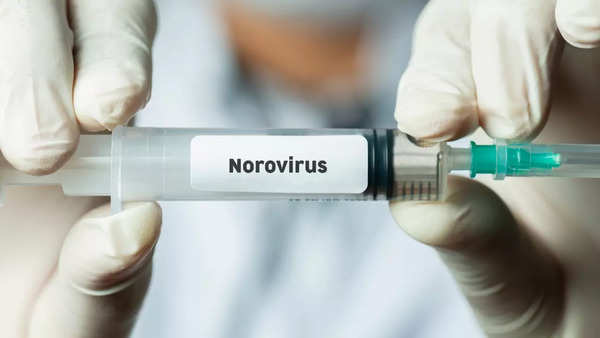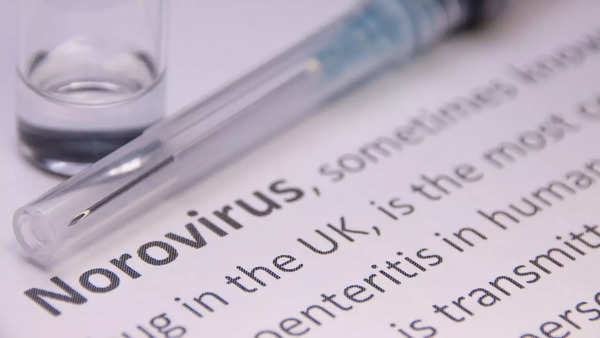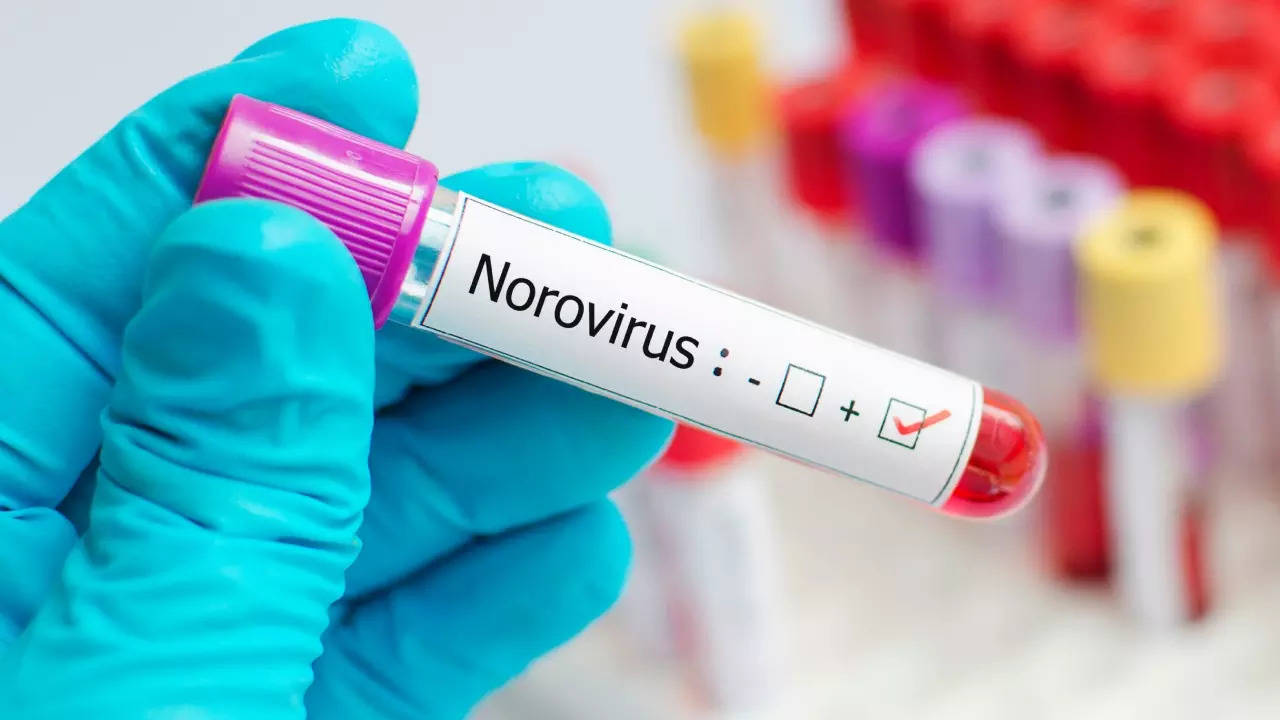Cases of norovirus, a common stomach bug is surging, according to new data from the US Centers for Disease Control and Prevention (CDC). 91
norovirus outbreaks
were reported during the week of December 5, an increase from 69 outbreaks recorded in the final week of November. This marks a significant spike, as the past few years have seen a maximum of 65 cases reported in the first week of December. The climbing number of cases has raised concerns among health officials, and they are emphasizing the importance of preventive measures to curb the spread of the virus.
Here are five key things you need to know about norovirus.
What is norovirus?
Norovirus is a highly contagious virus that causes vomiting and diarrhea. Also known as the ‘stomach flu’ or the ‘stomach bug’, norovirus is caused by the influenza virus. This virus is the leading cause of foodborne illness in the United States, accounting for 58% of such infections in the country every year, according to CDC. The virus causes acute gastroenteritis, an inflammation of the stomach or intestines.
How do you get it?
Norovirus outbreaks occur when infected individuals transmit the virus directly to others, often through actions like sharing food or eating utensils. The virus spreads through contaminated food, water, surfaces, and close contact with infected individuals. Good hygiene practices and sanitation are crucial for preventing the transmission.
Symptoms
The symptoms appear in 12 to 48 hours after being exposed to the virus.
- Diarrhea
- Vomiting
- Nausea
- Stomach pain
- Fever
- Headache
- Body aches
- Dehydration can lead to decreased urination, dry mouth, and throat, dizziness, crying with few or no tears, unusual sleepiness
Who are at risk?
People of all ages can get infected. However, young children and older adults are more prone to the disease. People with weakened immune systems are also most at risk.
According to the CDC, eating raw oysters and other filter-feeding shellfish infected with the viruses and bacteria can cause illness or death. People who consume raw shellfish are at risk of getting norovirus.
The viral disease is diagnosed by detecting viral RNA (genetic material) or viral antigen. There is no specific medicine to treat the illness. The antibiotic drugs will not help to treat the norovirus.
Chandipura Virus in India: Symptoms, Treatment & How to Protect Your Children
Prevention
Norovirus is highly contagious, so prevention is the best key.
- Wash your hands well and often.
- Cook the shellfish well.
- Wash the fruits and vegetables thoroughly.
- Keep your surroundings clean, and disinfect contaminated surfaces.
- Use hot water to wash laundry.
- Stay home when sick for 2 days (48 hours) after symptoms stop.
(Pic courtesy: iStock)
I’m Manas Ranjan Sahoo: Founder of “Webtirety Software”. I’m a Full-time Software Professional and an aspiring entrepreneur, dedicated to growing this platform as large as possible. I love to Write Blogs on Software, Mobile applications, Web Technology, eCommerce, SEO, and about My experience with Life.

